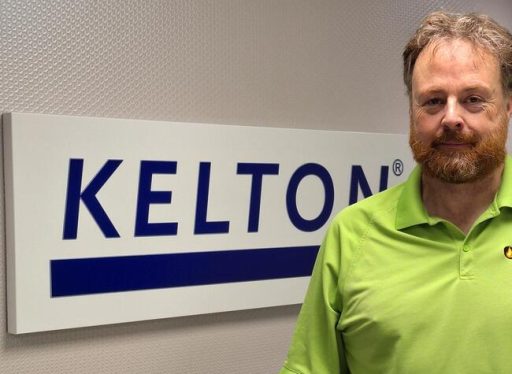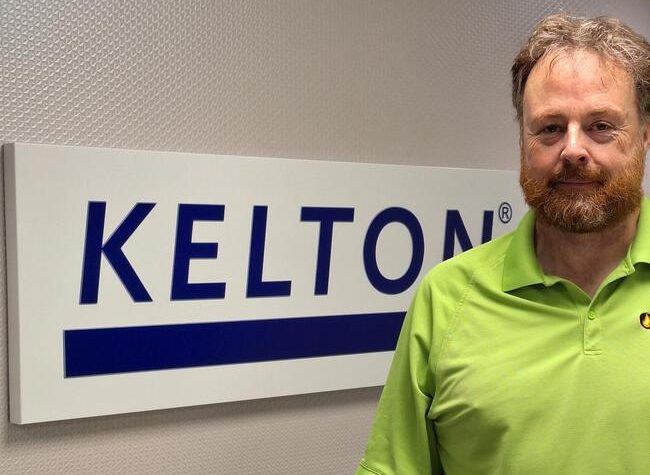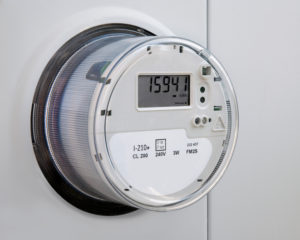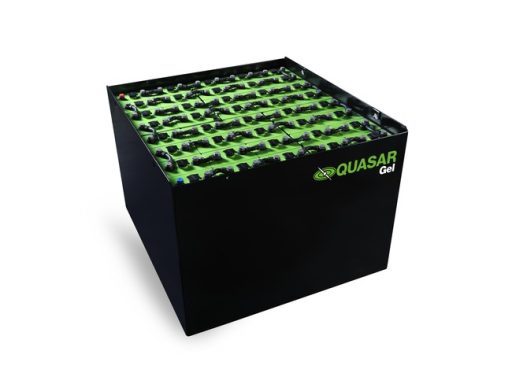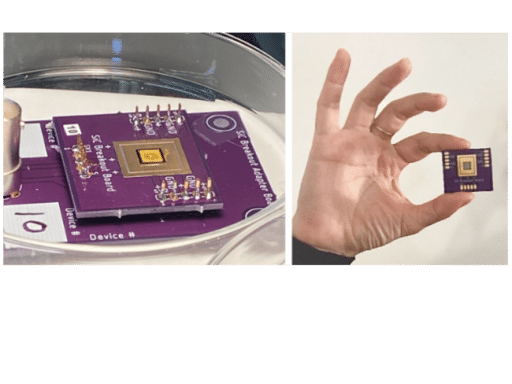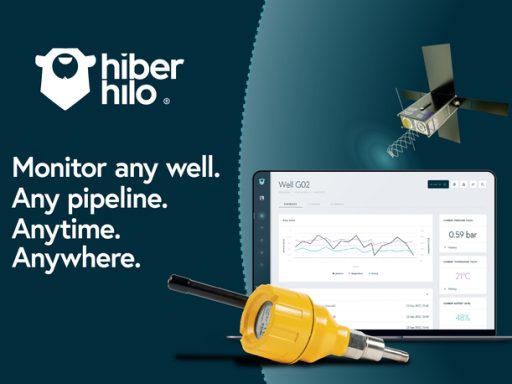Kelton, a prominent consultancy in the energy domain, is deploying its specialised knowledge in wet gas metering to assist the global energy landscape in overcoming the intertwined challenges of hydrocarbon management and net zero ambitions.
The company leads two influential wet gas metering committees, employs individuals with significant wet gas metering expertise, and conducts a comprehensive training course on the subject.
Wet gases, defined by their slight liquid content, are becoming increasingly relevant in the net zero discourse, necessitating innovative approaches to metering technology, particularly in challenging new applications. This interest is burgeoning across diverse net zero initiatives.
Navigating to net zero involves complex technical obstacles, yet the incumbent technological capabilities within the energy sector are well-suited to address these net zero-related technical demands.
Among these challenges is the management of net zero infrastructures, such as geothermal energy production, wet hydrogen extraction from subterranean reserves, and carbon capture and storage (CC&S) projects, all of which frequently encounter difficult-to-meter wet gas flows.
Richard Steven, Kelton’s lead measurement consultant, noted, “Over three decades of research, development and experience wet natural gas meter technology has gradually moved from experimental prototypes to accepted commodity products.
At a Kelton-chaired committee meeting in 2023, European delegates discussed strategies for wet hydrogen metering in the context of hydrogen extraction from storage wells.
The UK’s National Gas Transmission is also initiating a study on “Hydrogen & Carbon Dryness Management,” aiming to tackle the challenges of intermittent wet hydrogen and CO2 flows in extensive pipeline networks.
Similarly, Landsvirkjun, Iceland’s leading power company, is experimenting with wet steam meters for better management of its geothermal operations, and specialists in Carbon Capture and Storage are investigating CO2 metering techniques, including the ability to identify and meter wet CO2 conditions.
Richard concluded, “We are now seeing big players within the industry starting to take note of the importance of wet gas metering, so we feel that now is the time to use the knowledge we have to help those who need it as they work to meet their crucial net zero targets.”

